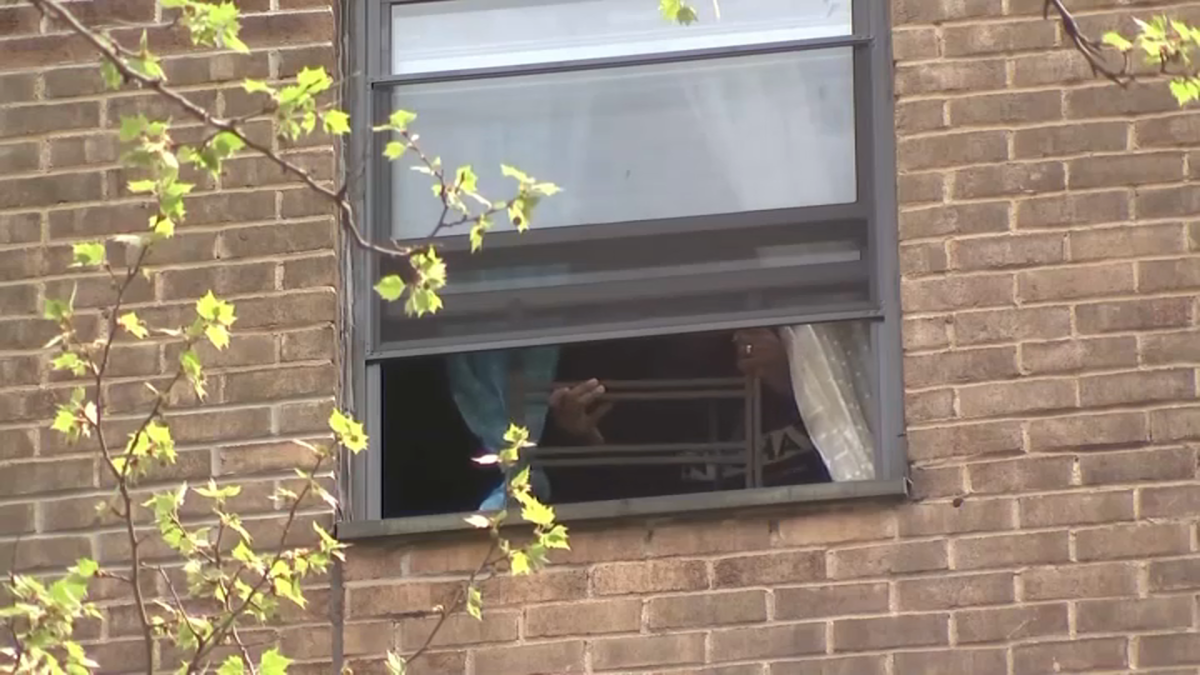NEW YORK – After two young girls ended up in hospital over the weekend, one in critical condition, after falling out of a window in two separate cases in New York, there is an increasing need to remember what steps can be taken to avoid these incidents. Mainly now that the warmer months are coming which are when these cases are most reported.
Properly installed window guards can prevent children from falling through open windows. New York was the first US city to adopt a window protection policy in 1976. Before the law was passed, it was not uncommon for more than 100 falls, some fatal, to occur each year.
Meeting window protection requirements is a shared responsibility between landlords and tenants. Landlords of buildings with three or more units should advise tenants of window protection requirements at the start of a new lease or when renewing a lease. Homeowners must also distribute an annual notice outlining window protection requirements at the beginning of each year.
Tenants, in turn, must complete and return this Annual Notice by February 15 of each year to notify building owners if children 10 and under reside in the home or want window barriers to any reason (for example, children regularly visit the apartment). . Building owners should install window guards or limiting devices in all homes where tenants indicate the need for them. Window guards should also be installed in all common areas, such as hallways and laundry rooms. As stated above, private accommodation is not covered by this law, but the Department of Health strongly recommends that all parents of young children living in private accommodation install window grilles.
Tenants must allow building owners and superintendents entry into their home to install window protections or make necessary repairs.
Approved window guards and proper installation
In homes where window guards are required, all types of windows, including sliding windows with screens, must have properly installed and approved window guards or limiting devices.
All window guards and limiting devices must have a Department of Health approval number on the interior side rail and must be appropriate for the window they occupy. Any railing that has more than 4½ inches of space between the bottom rail and the window sill or the top rail and the raised window base is not installed correctly. If a window is equipped with an air conditioner, it must be permanently installed with one-way metal screws, and any gaps exceeding 4 ½ inches on either side of the air conditioner must be covered with rigid, secure panels.
Here are some guidelines for determining if window guards are properly installed:
- On double hung windows, two L-shaped stops must be screwed into the top window tracks, one on each side, to prevent the bottom window from opening more than 4½ inches above the bar top of a window railing.
- The window guard or limiting device must not allow openings or gaps greater than 4½ inches in any window, including double hung, casement or sliding windows.
- The window guard must be securely installed and mounted flush to the window frame on both sides with one-way or tamper-proof screws approved by the Department of Health.
- The window guard must be installed on a solid window frame.
Check the Department of Health web pages for complete information on properly installed and approved window guards and window restraints.
Compliance with window protection requirements
The Department of Housing Preservation and Development (HPD) is responsible for enforcing the New York City Housing Maintenance Code and the New York State Multiple Dwellings Law, including window protection requirements. HPD responds to tenant complaints, performs inspections and, where appropriate, writes up violations of these codes, directing landlords to correct violation conditions.
If a building owner refuses to install window bars, tenants should call 311 or visit 311 online (www.nyc.gov/311) to file a complaint with HPD. Building owners can also call 311 to report tenants with young children who refuse to have guards posted as required by law.
Additional Recommendations for Preventing Window Falls
- Carefully check window guards periodically to make sure they are secure. Mosquito nets never replace window protection.
- Never place a bed, chair or other object that children can climb on in front of a window.
- Keep children off balconies and patios unless they are closely supervised by an adult by closing the doors to these areas.
- Never let children play near elevator shafts or on fire escapes, balconies, terraces or roofs.
- Never leave a child alone in a room with open windows and no grilles.
- Do not allow unsupervised play in hallways of buildings with unprotected windows.

